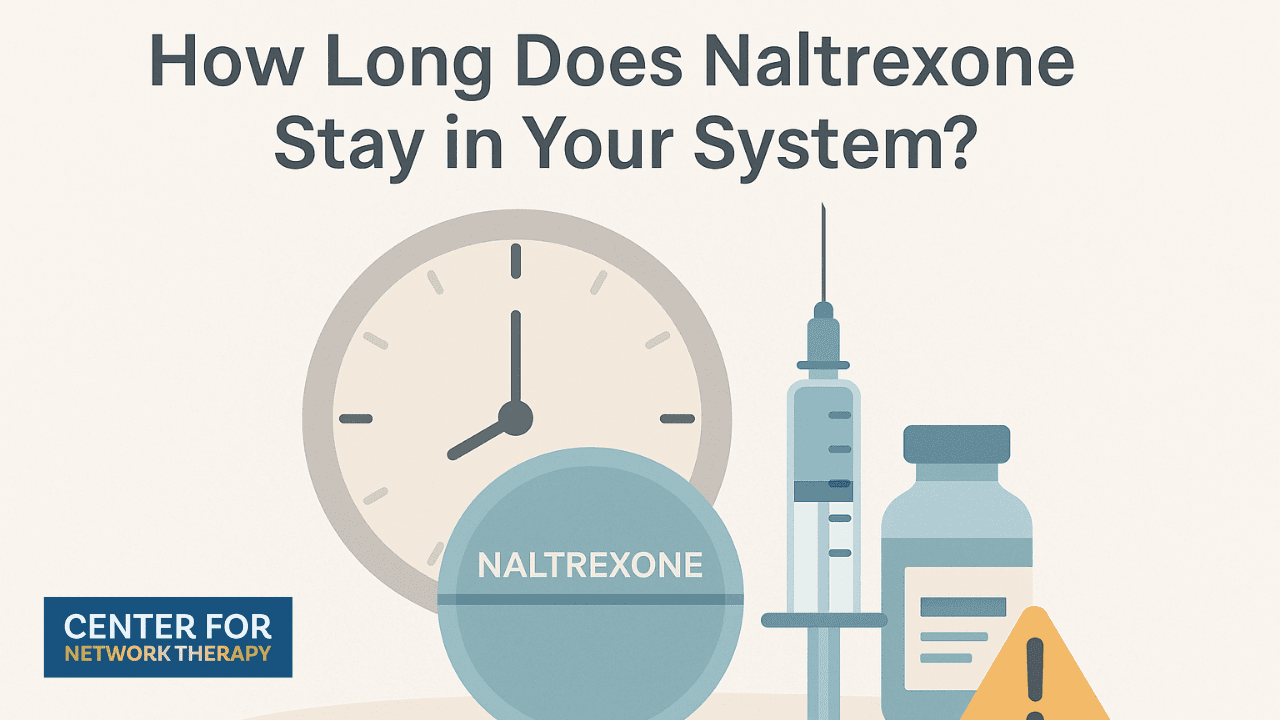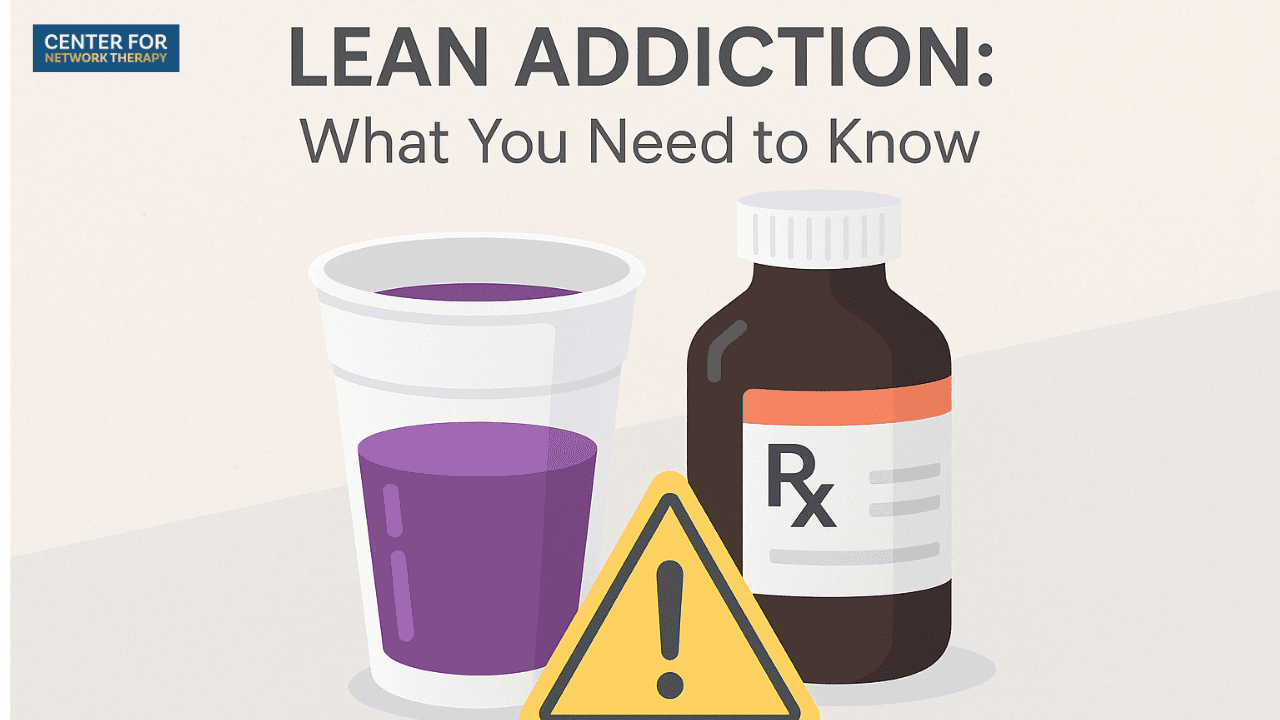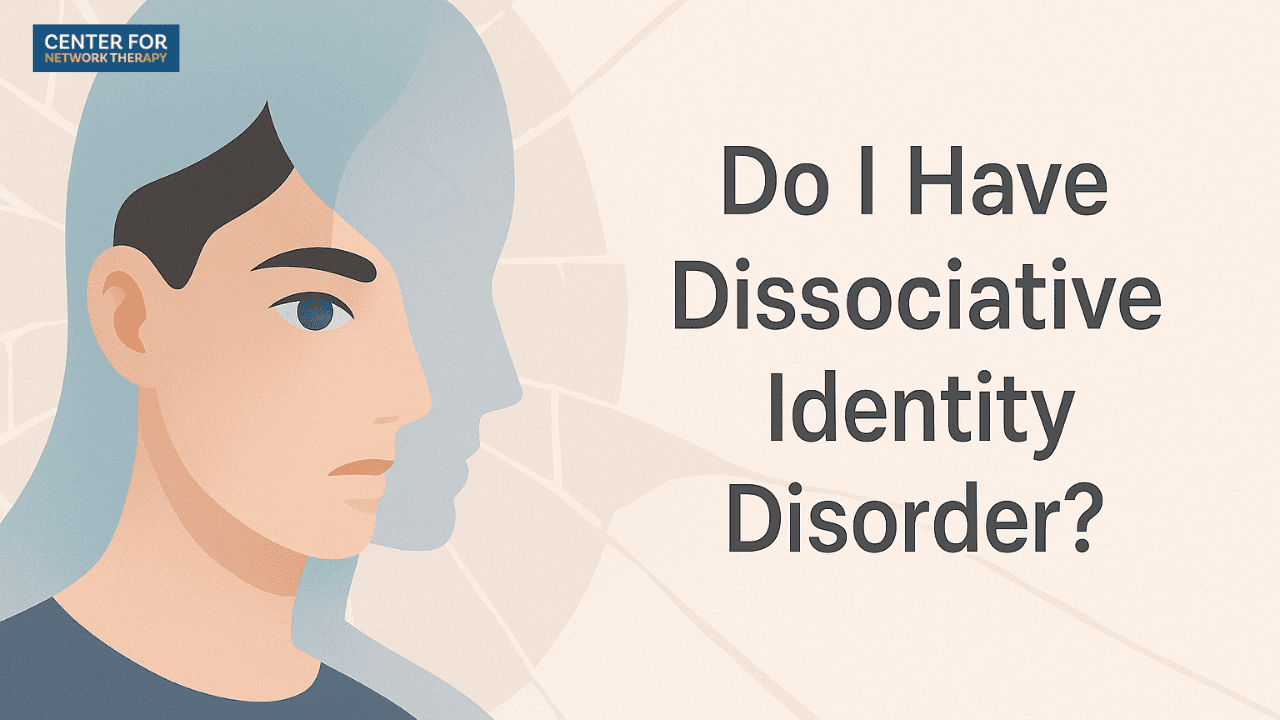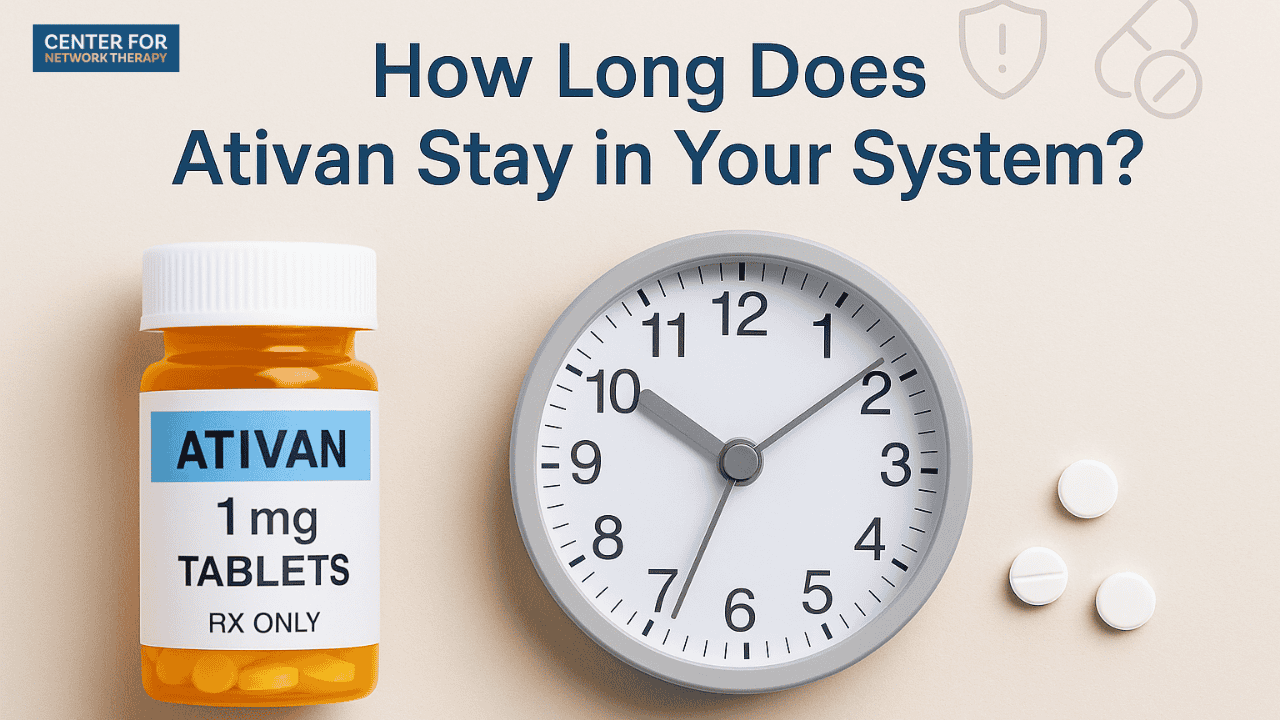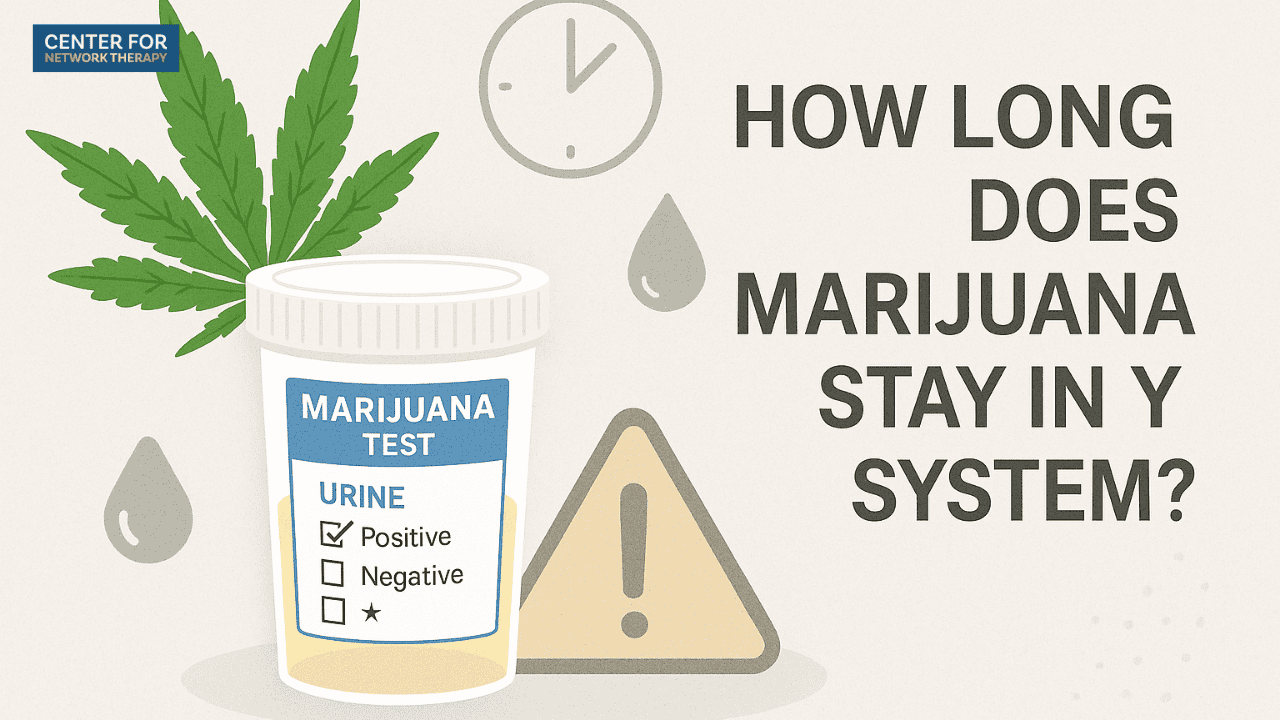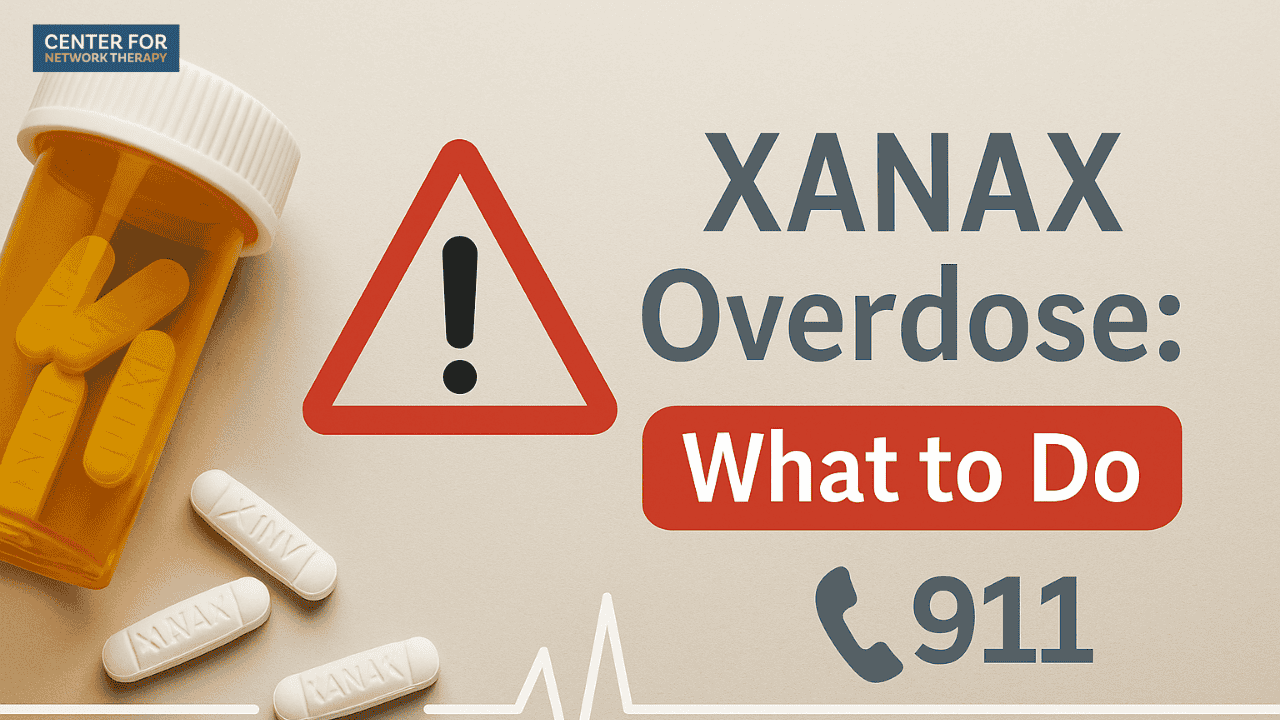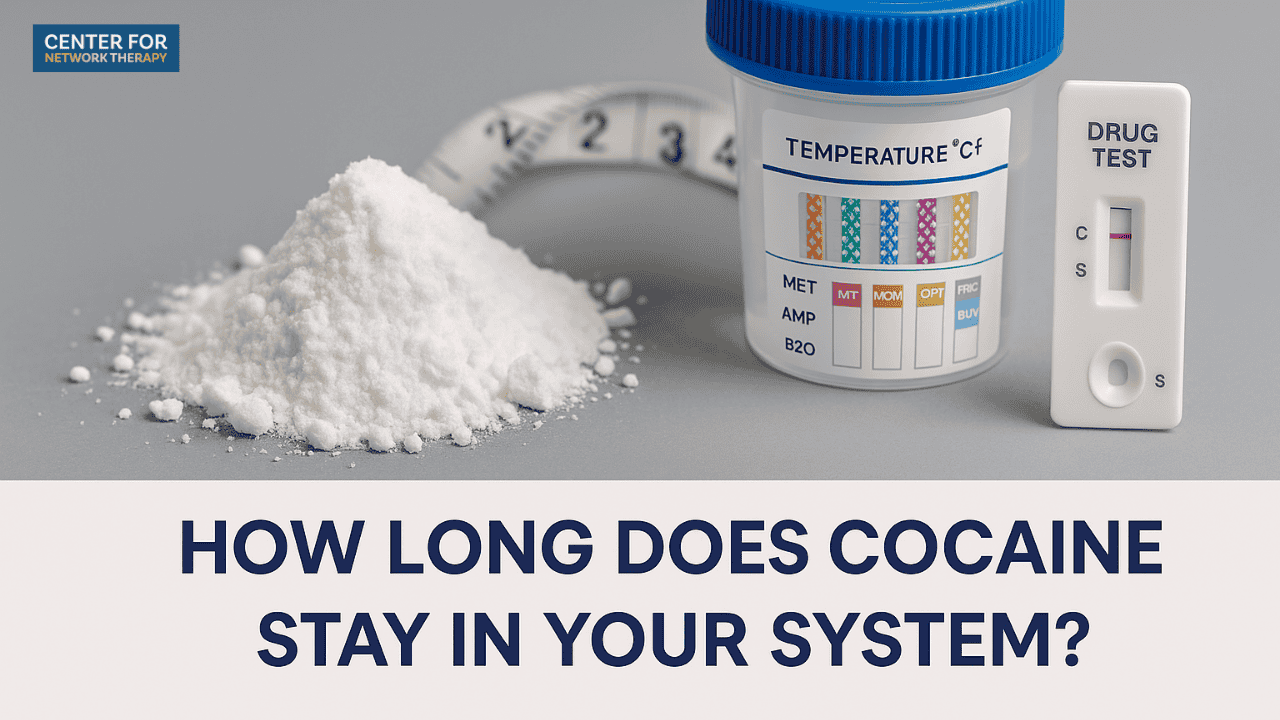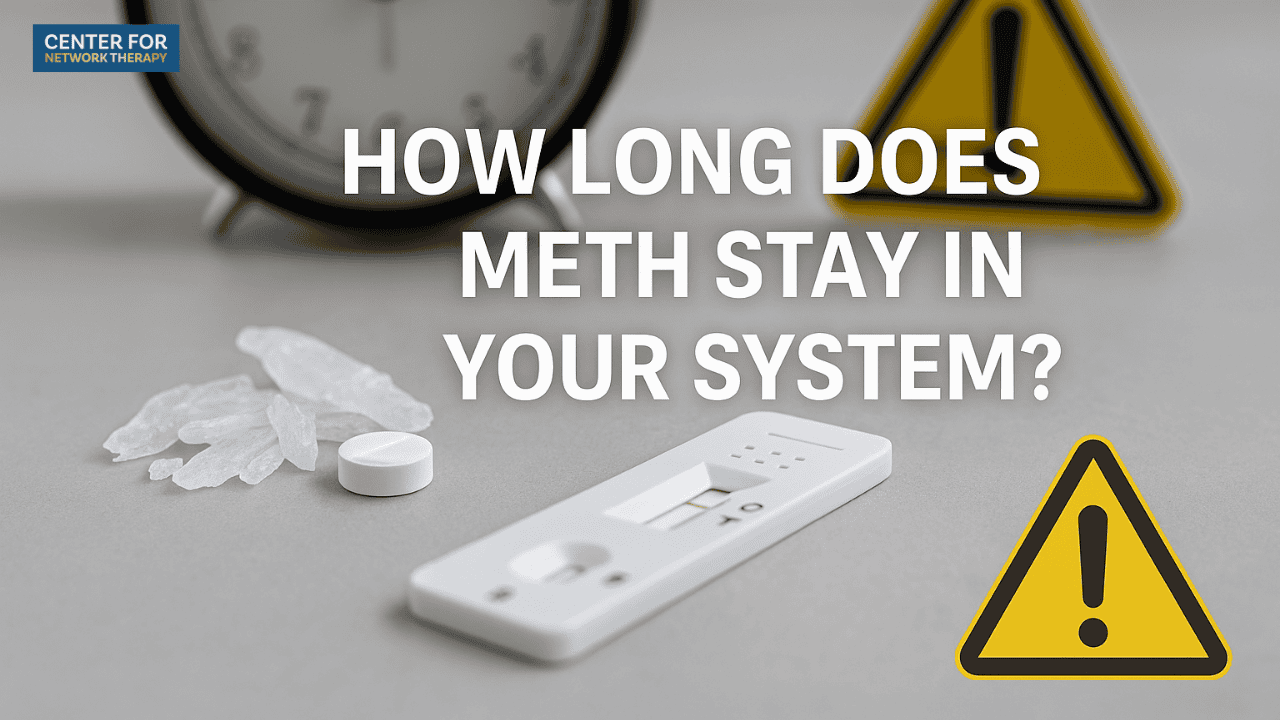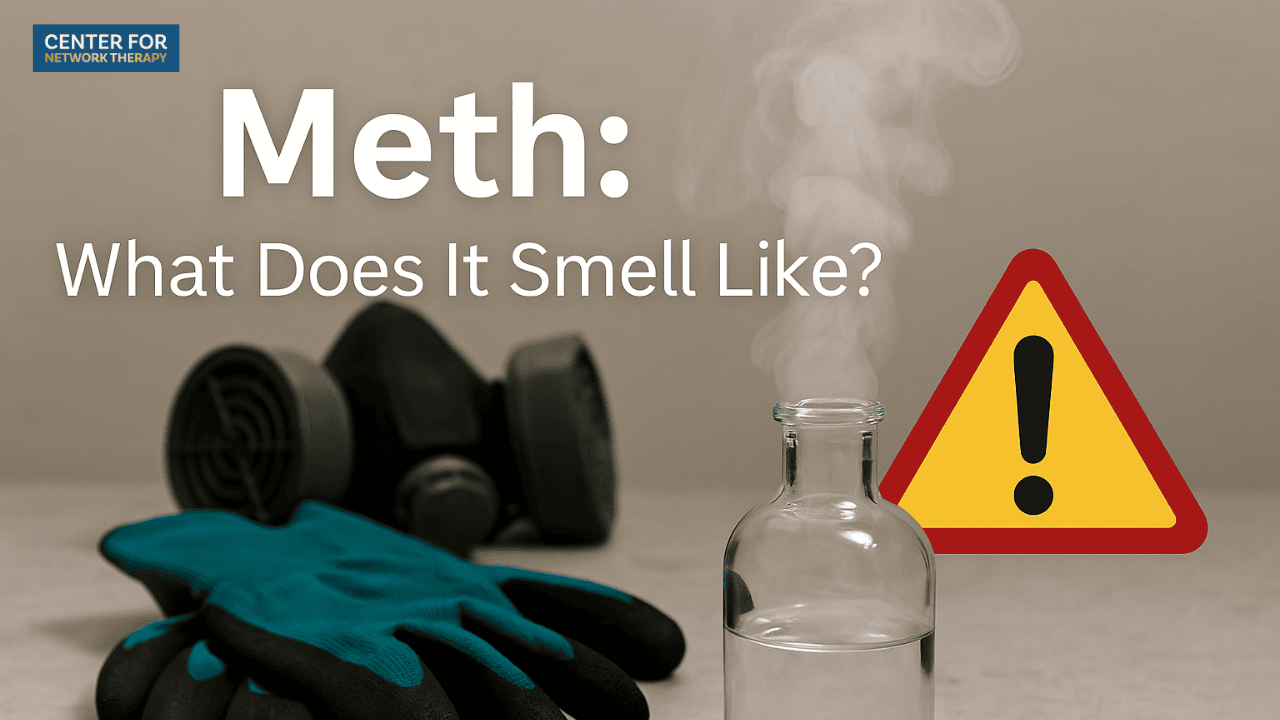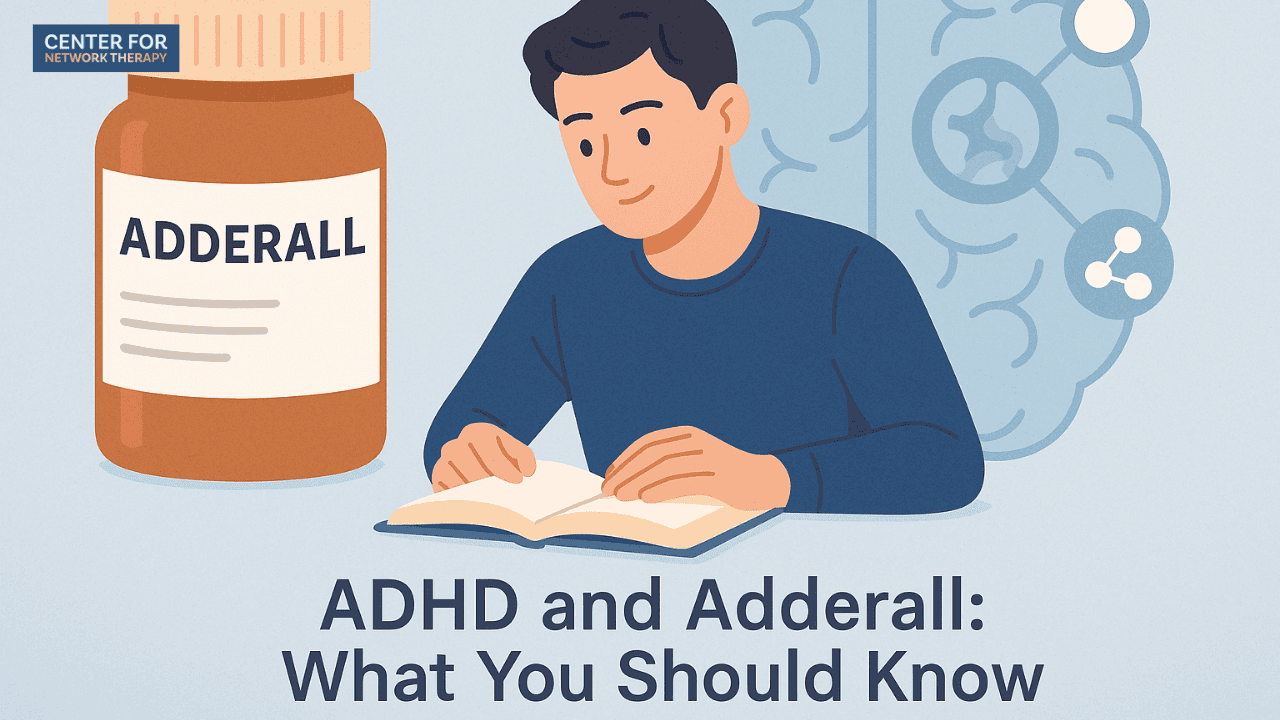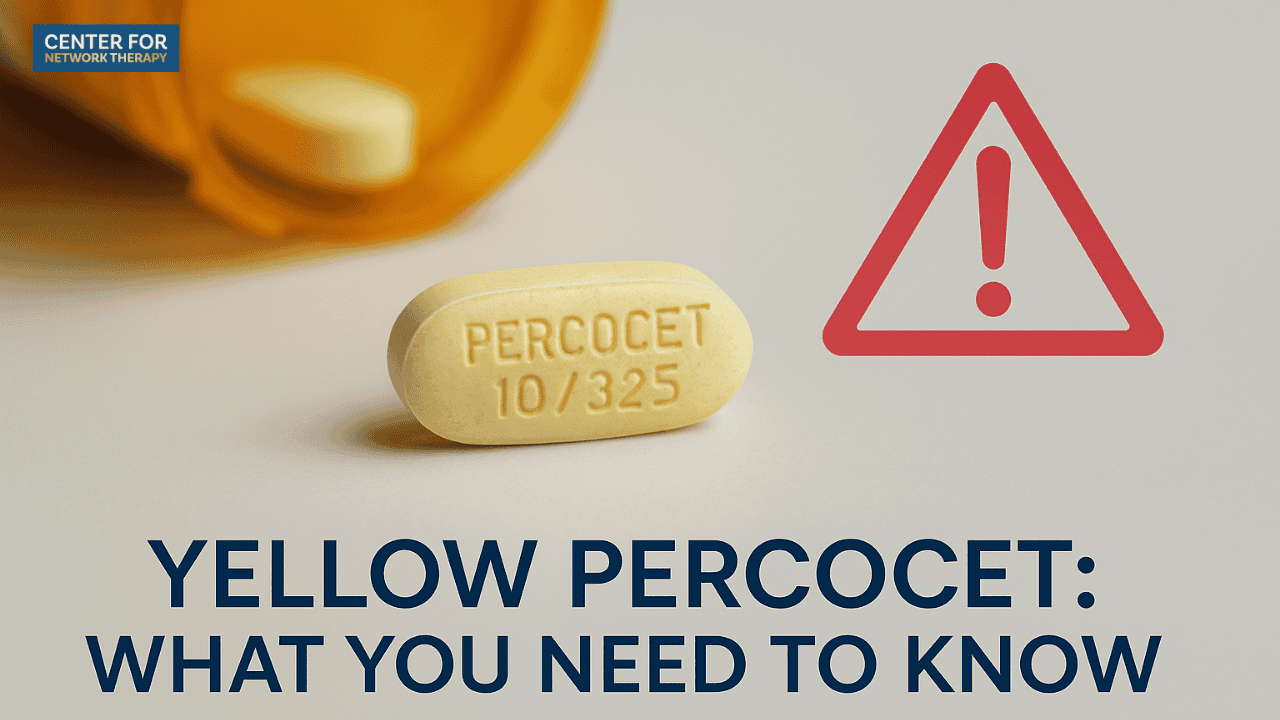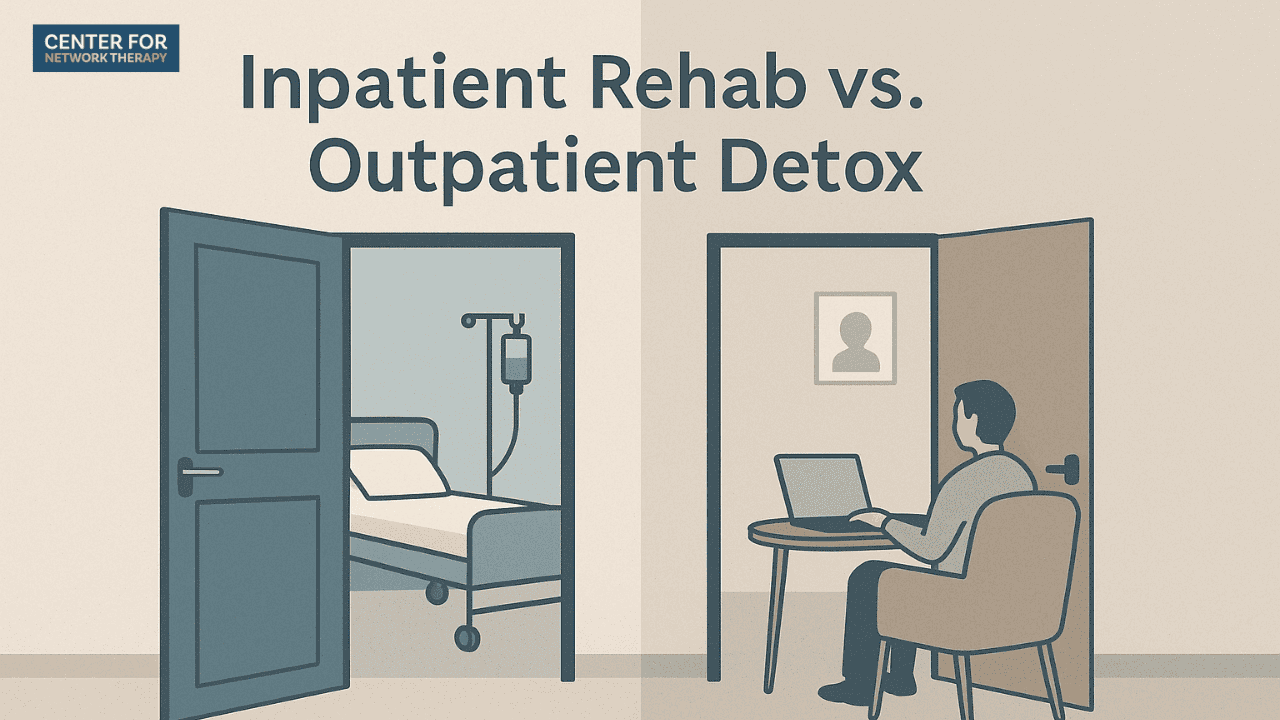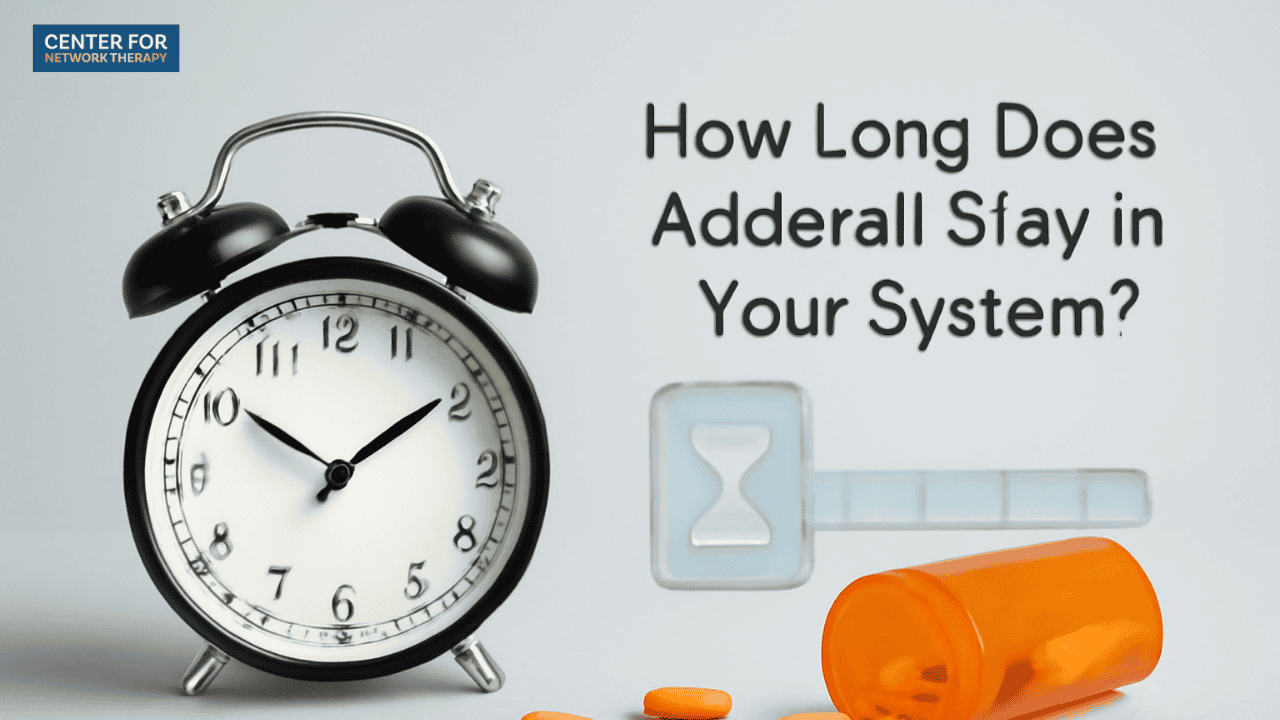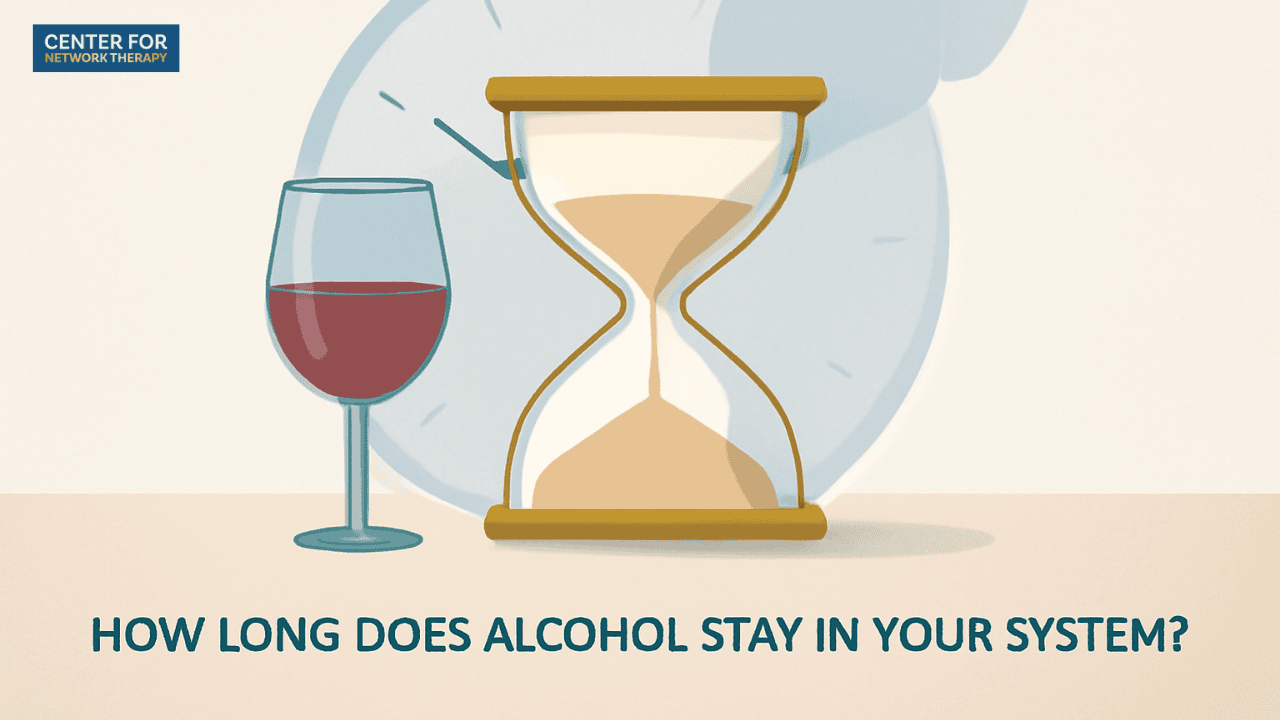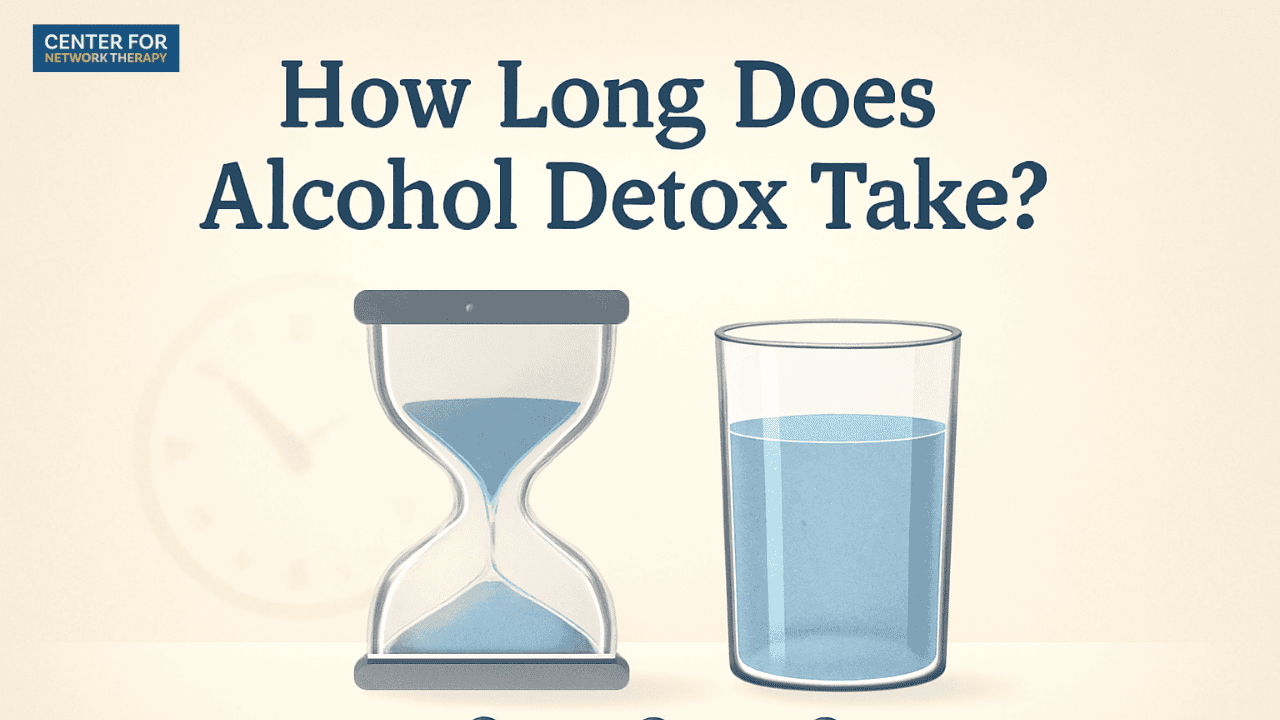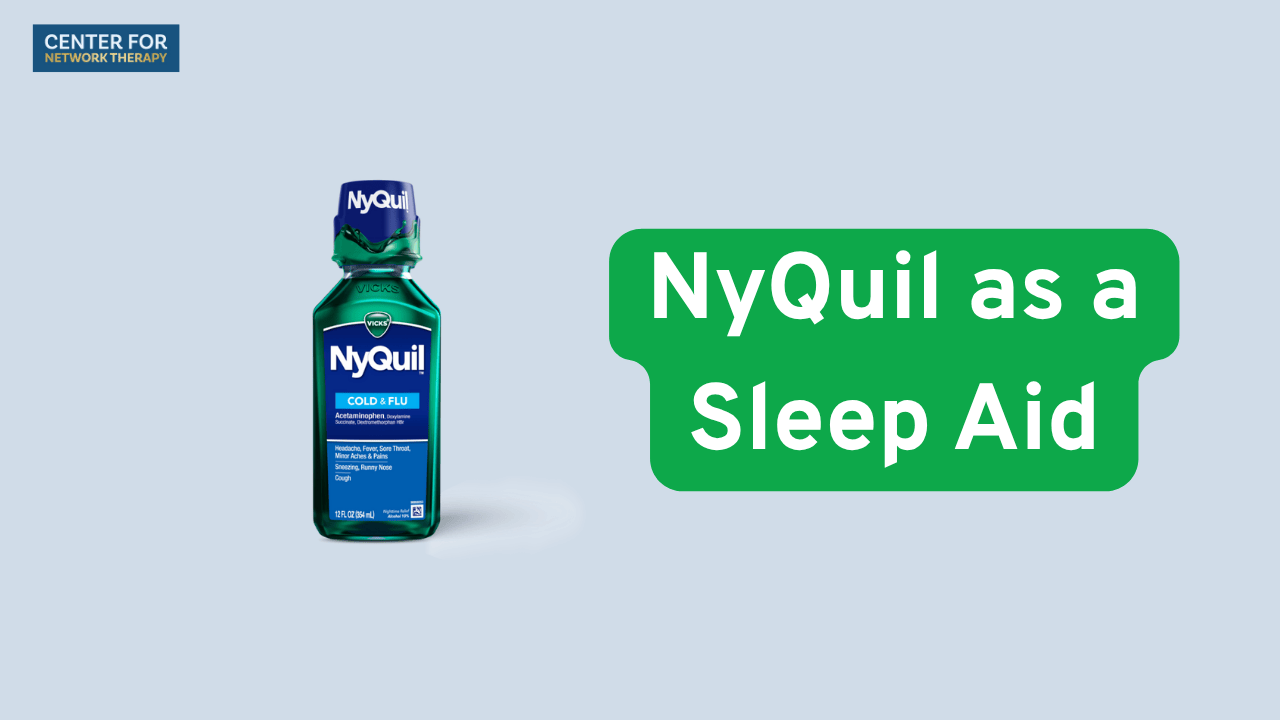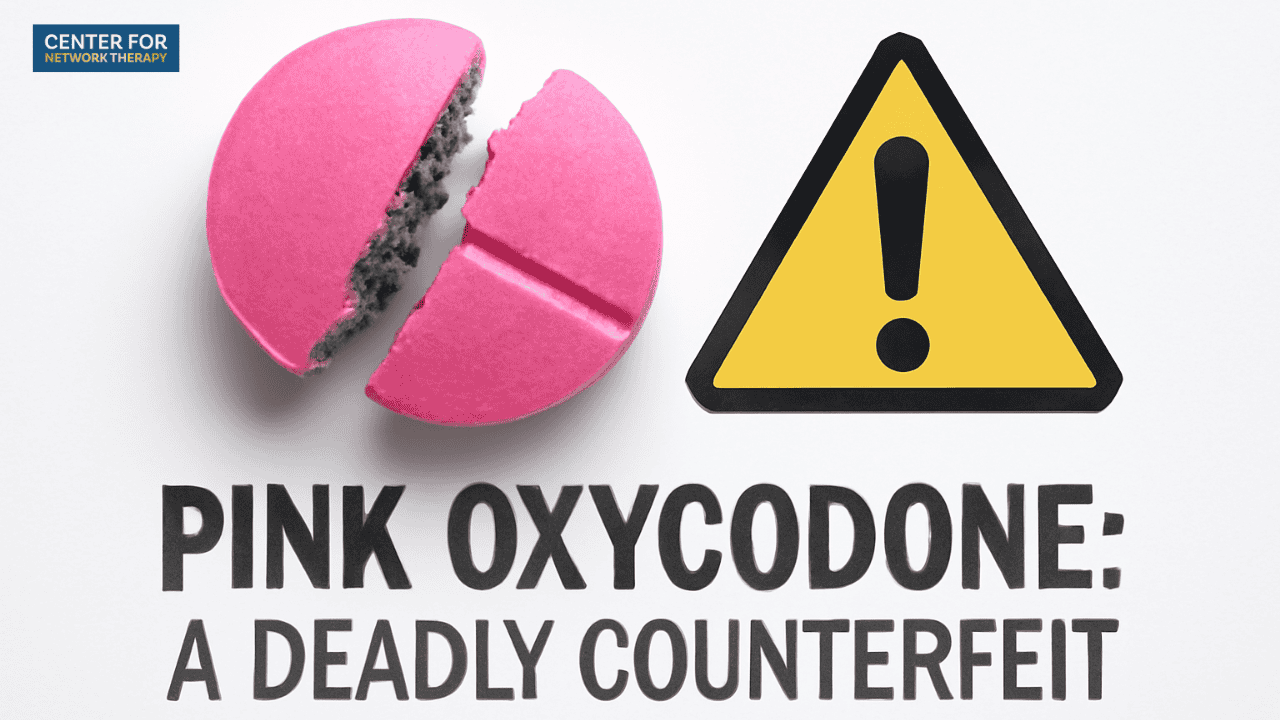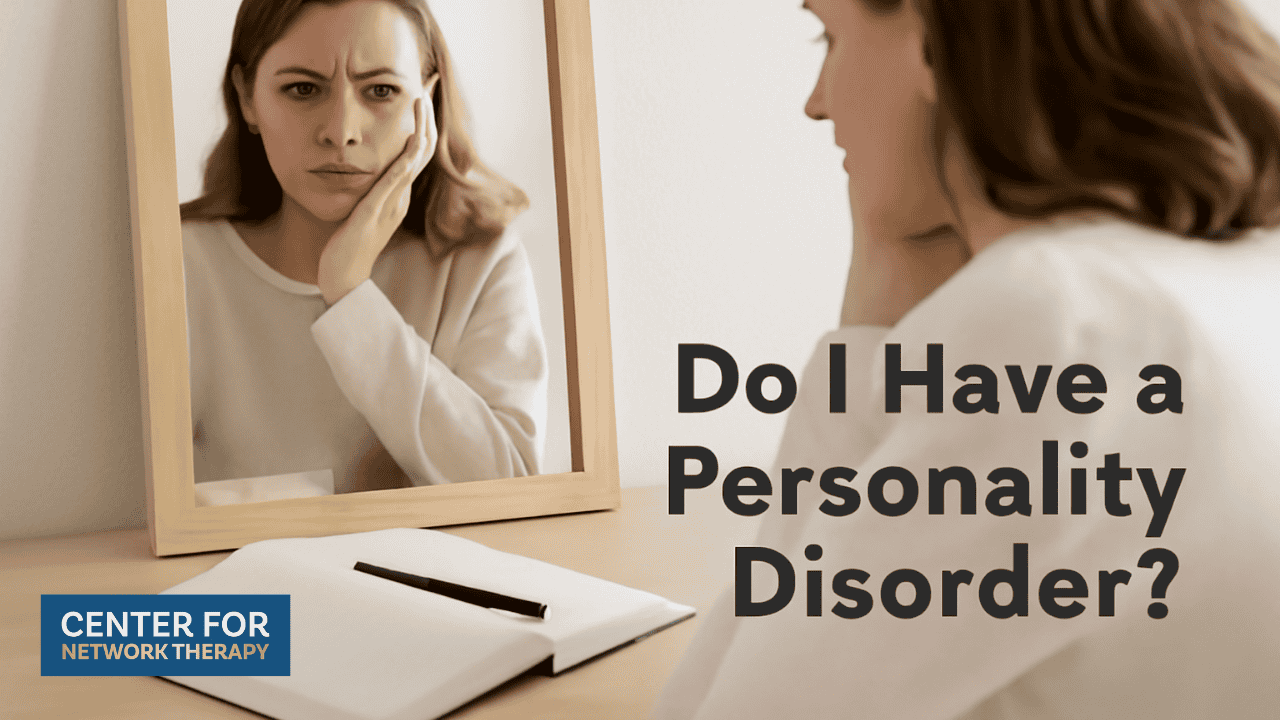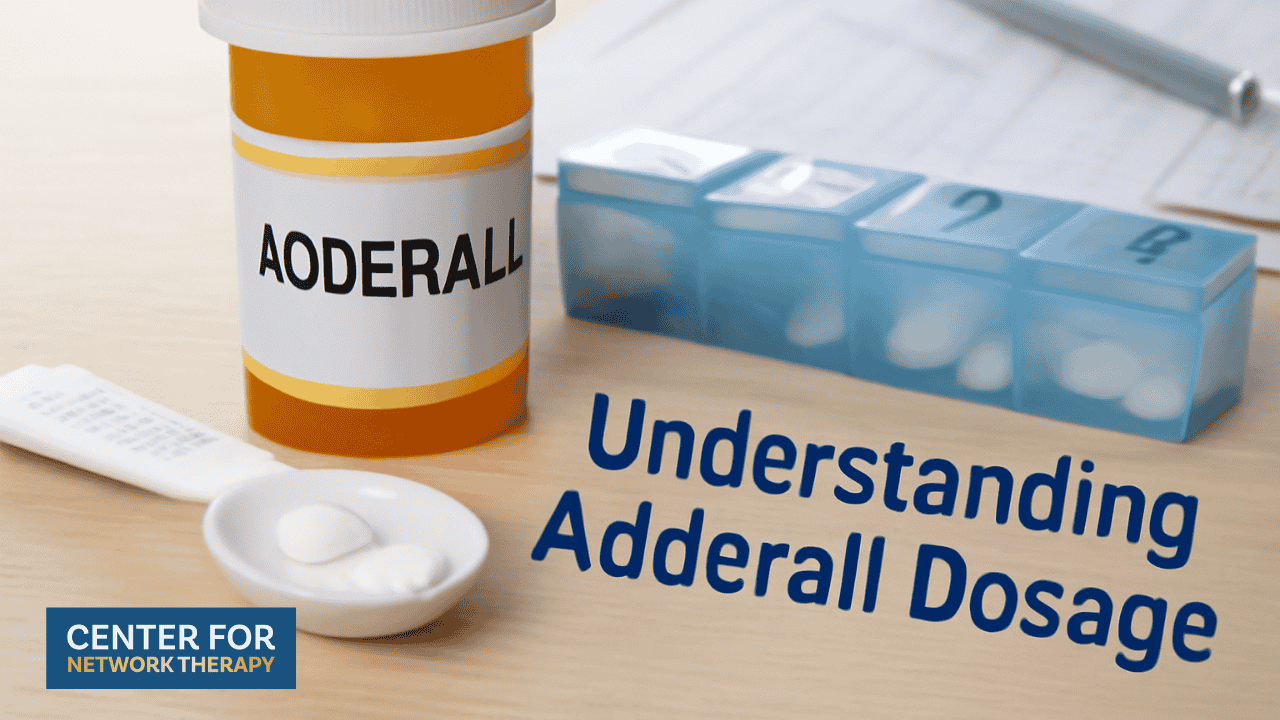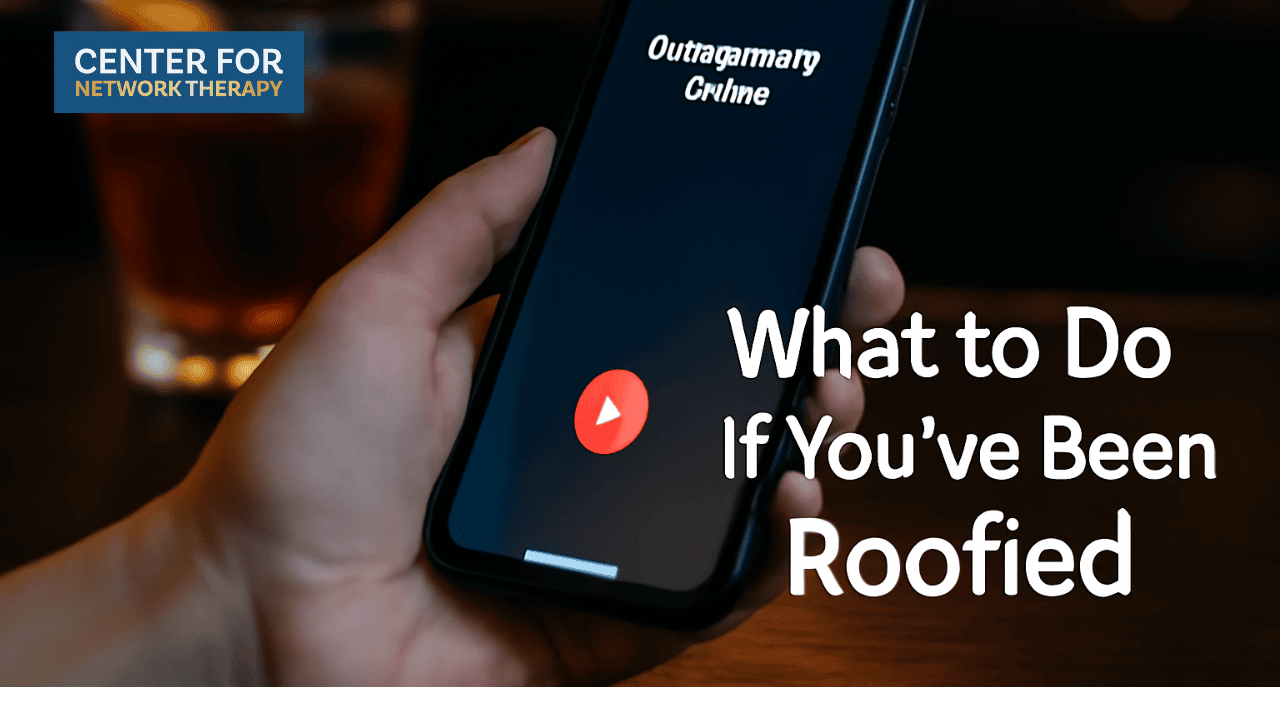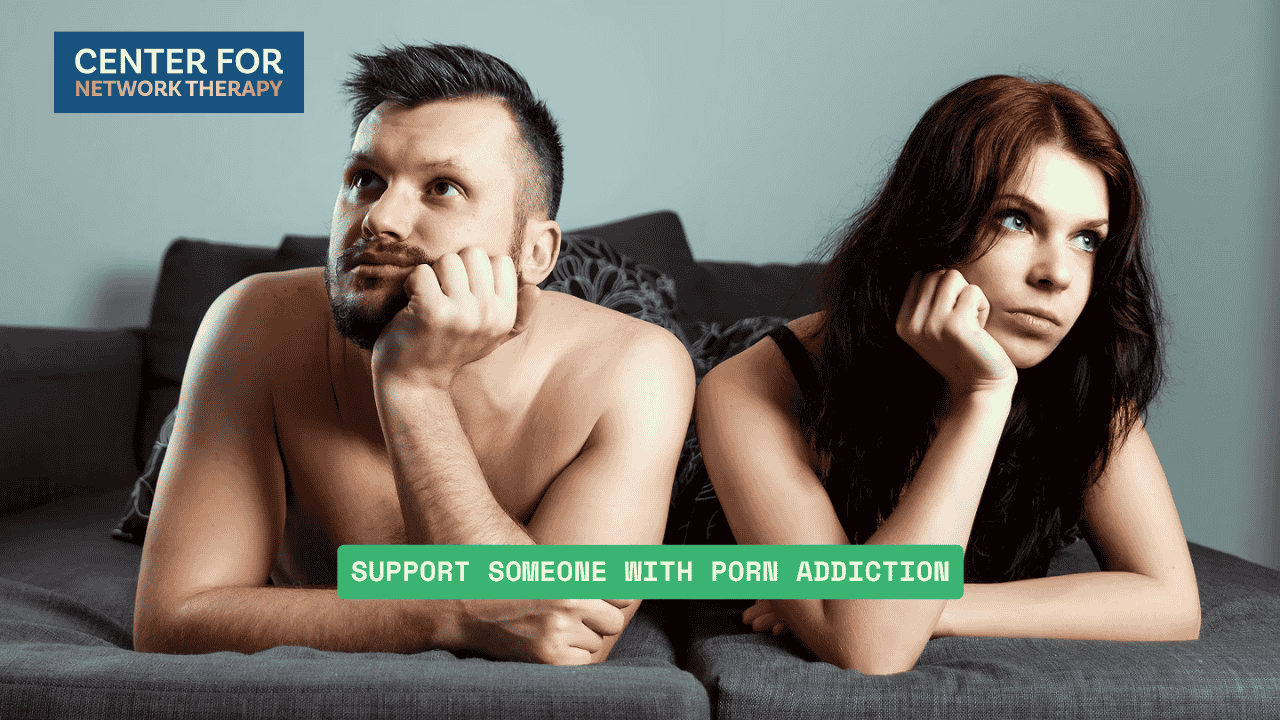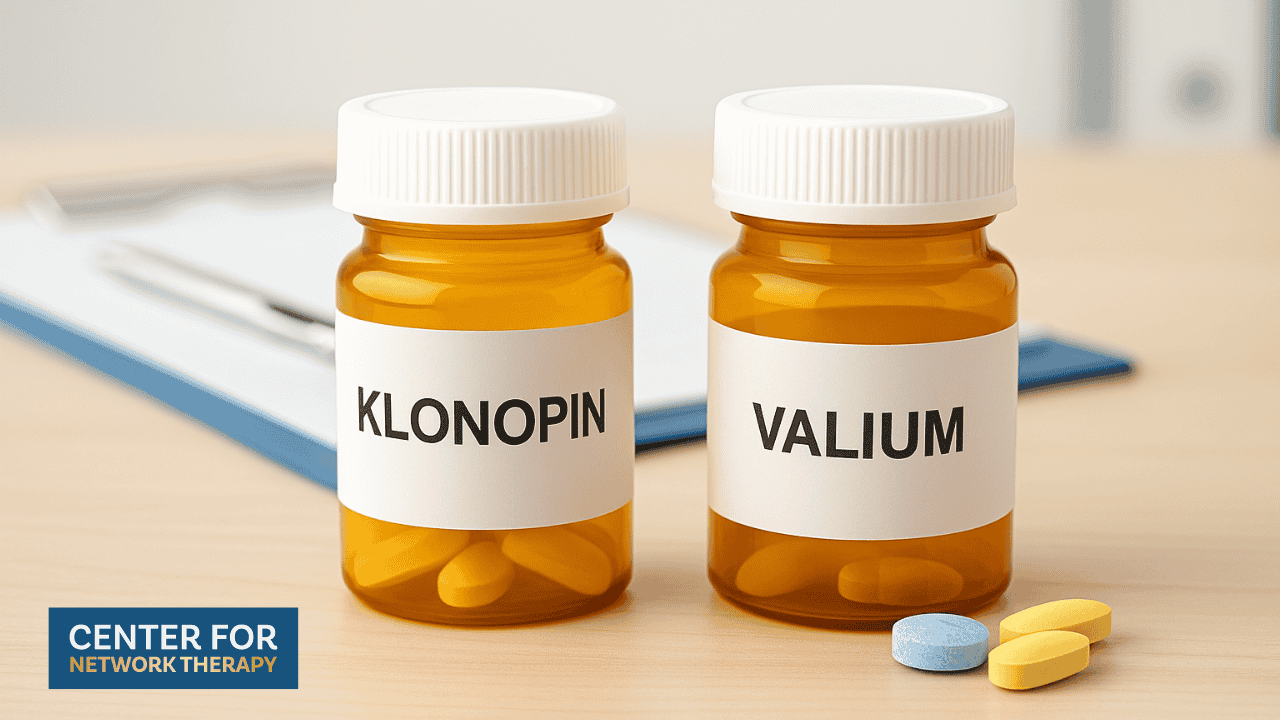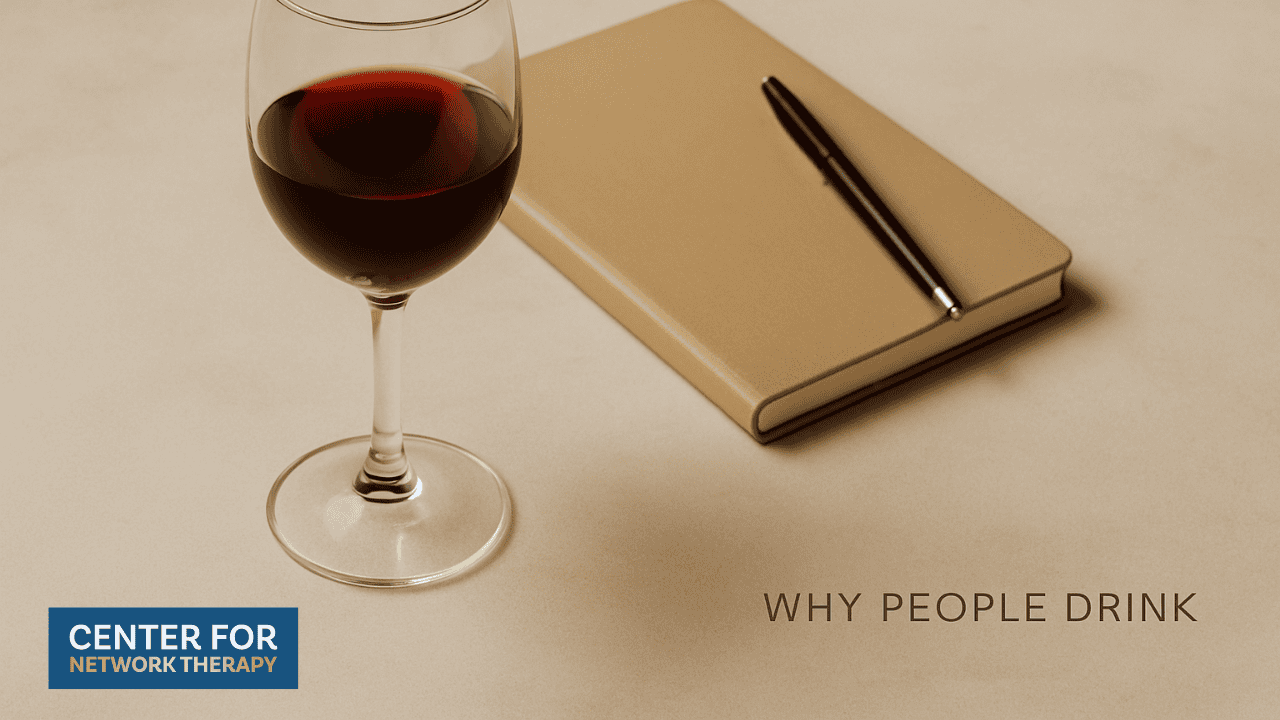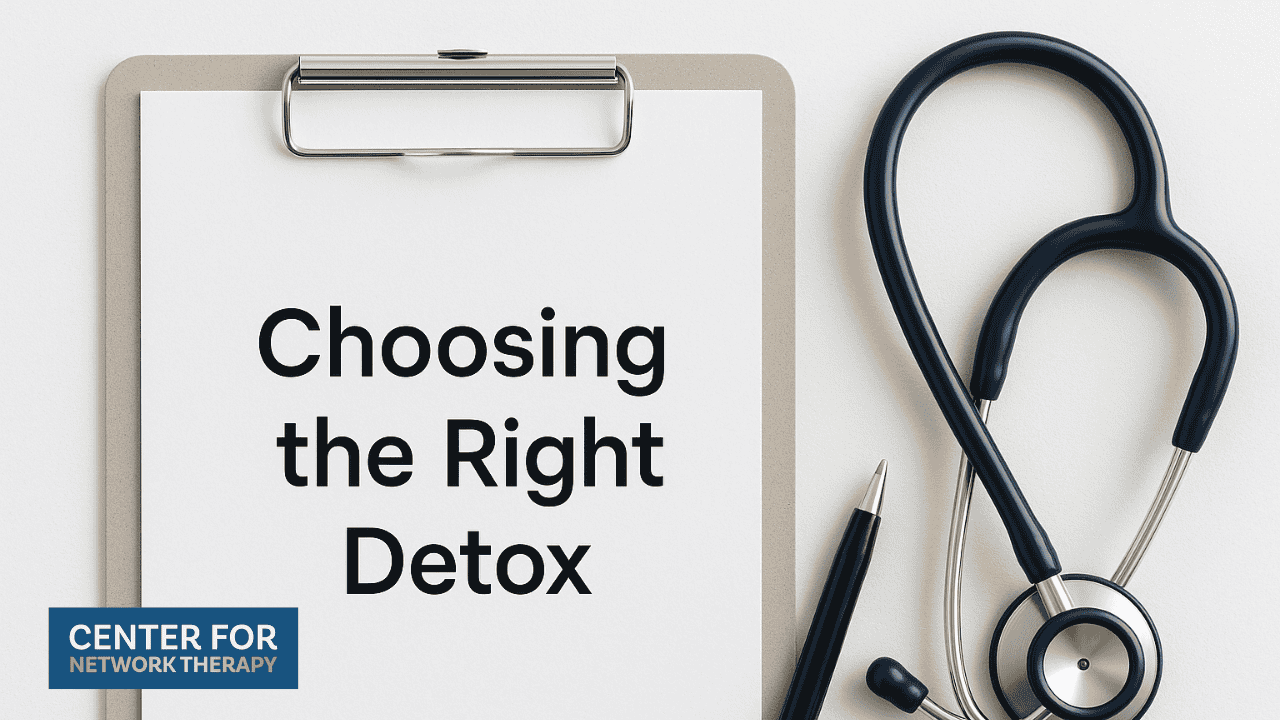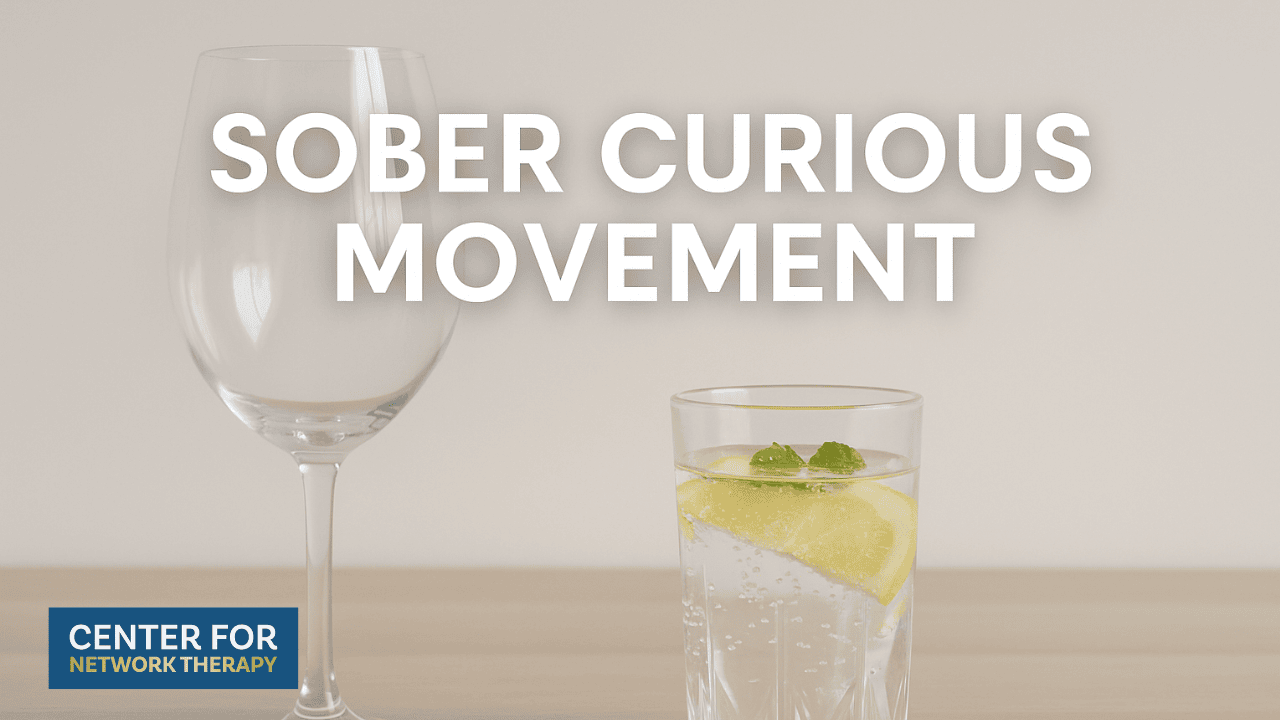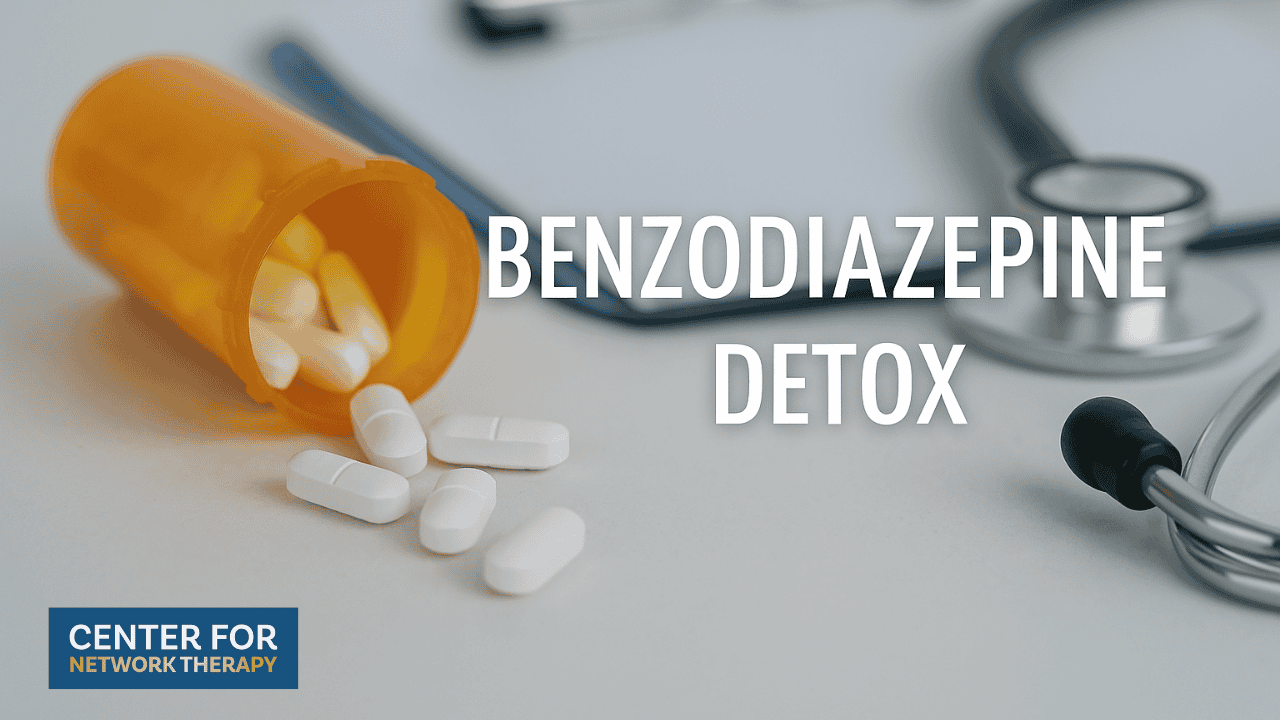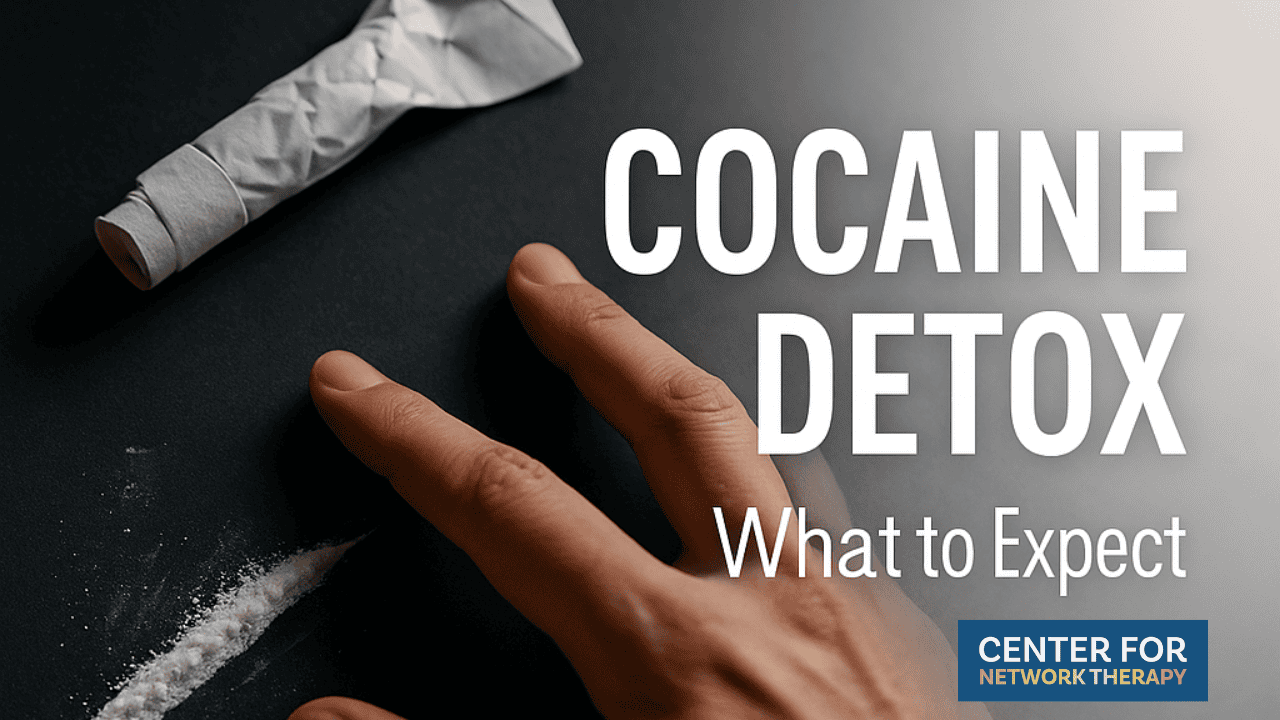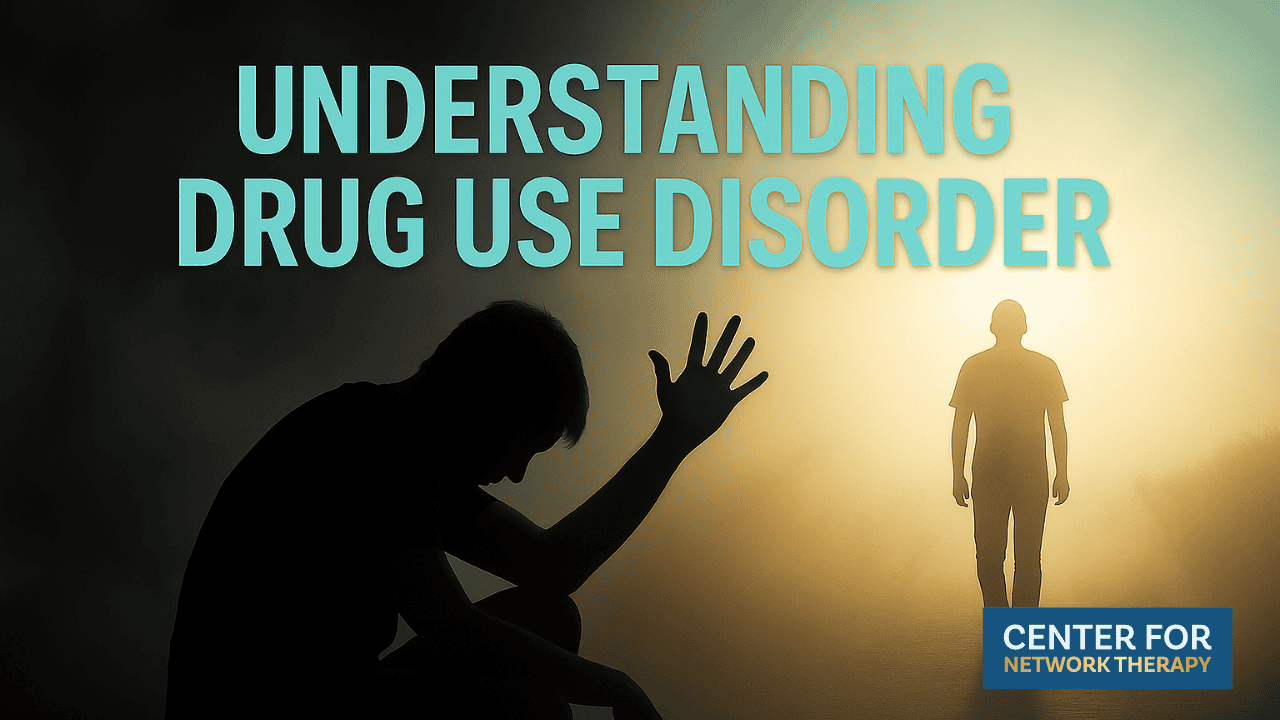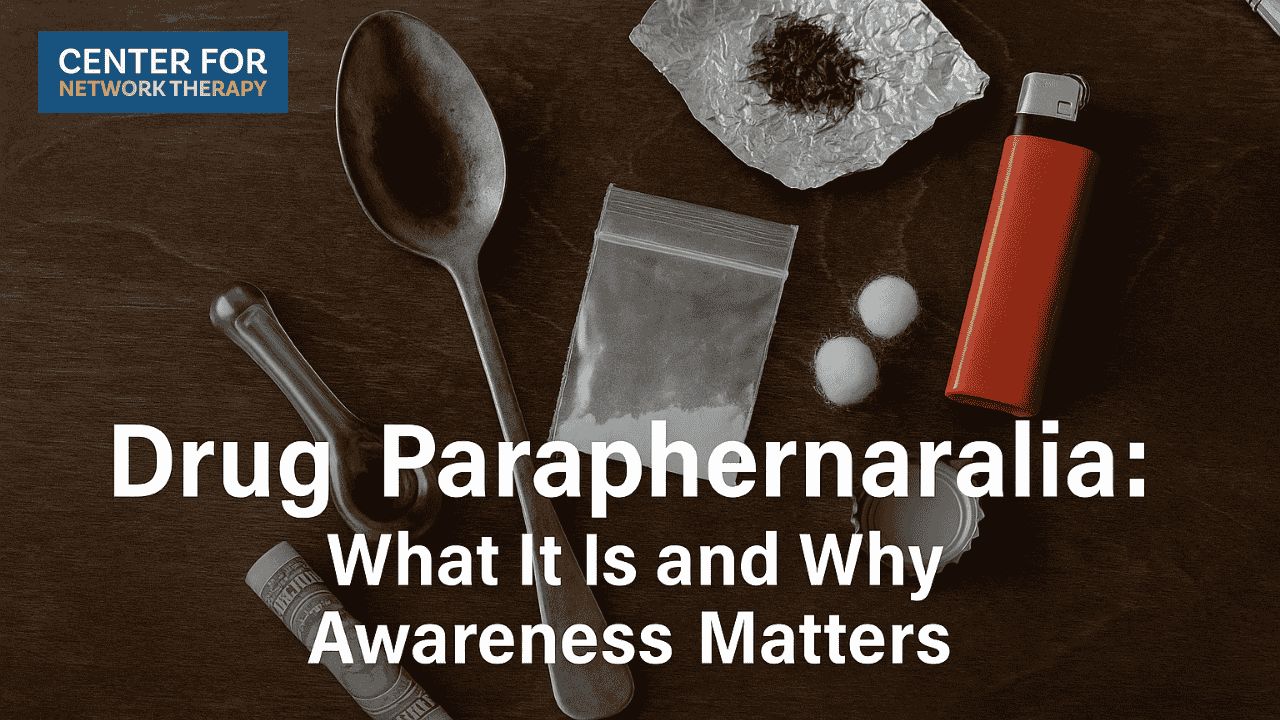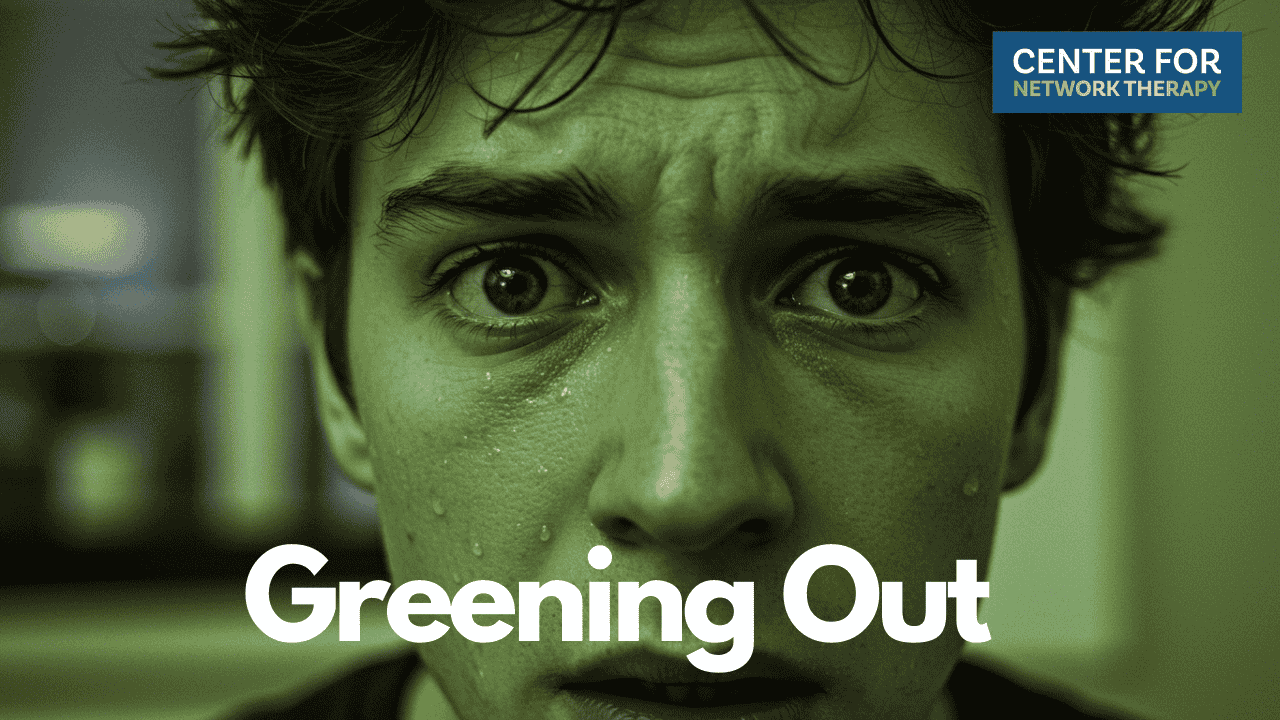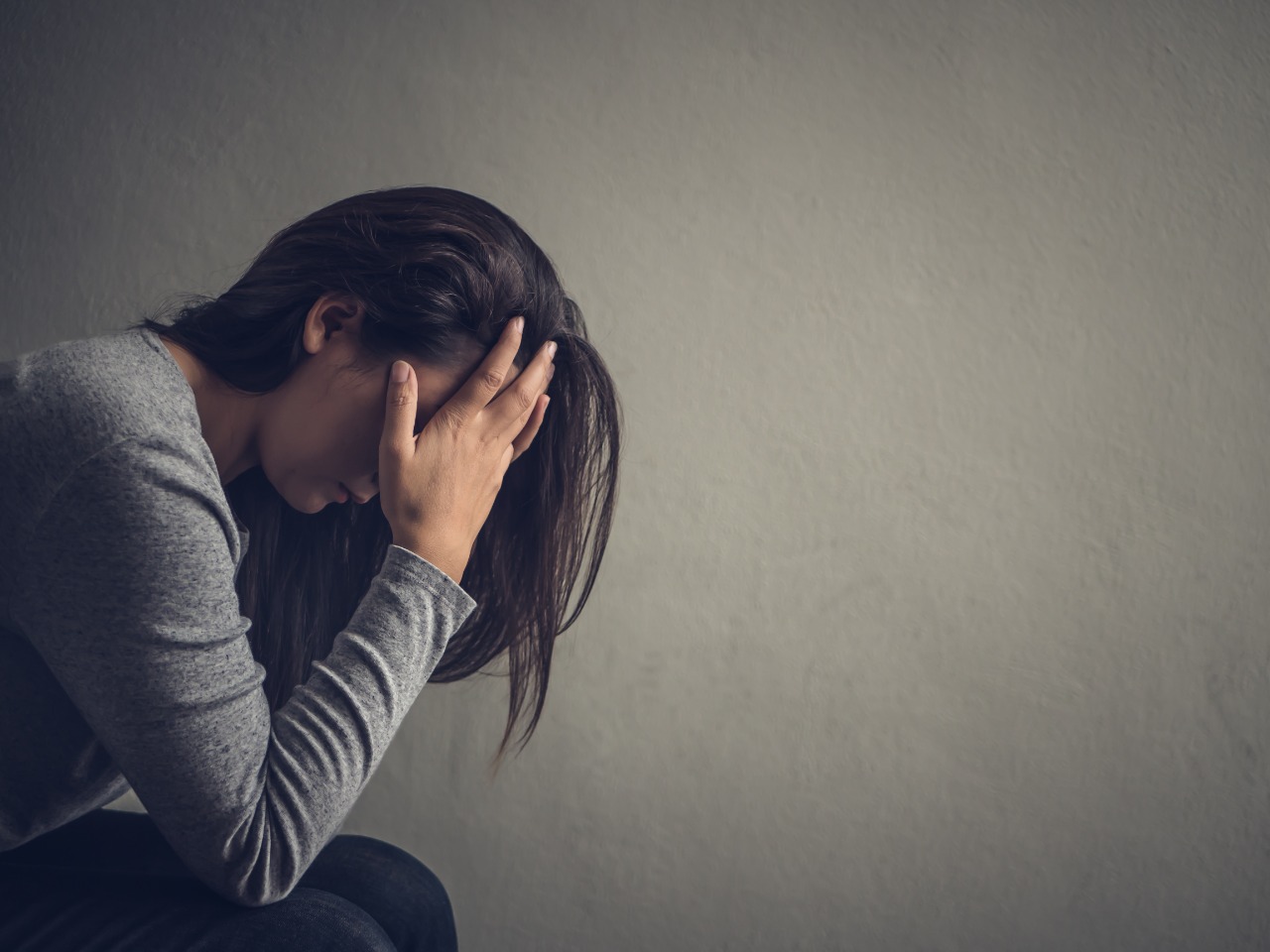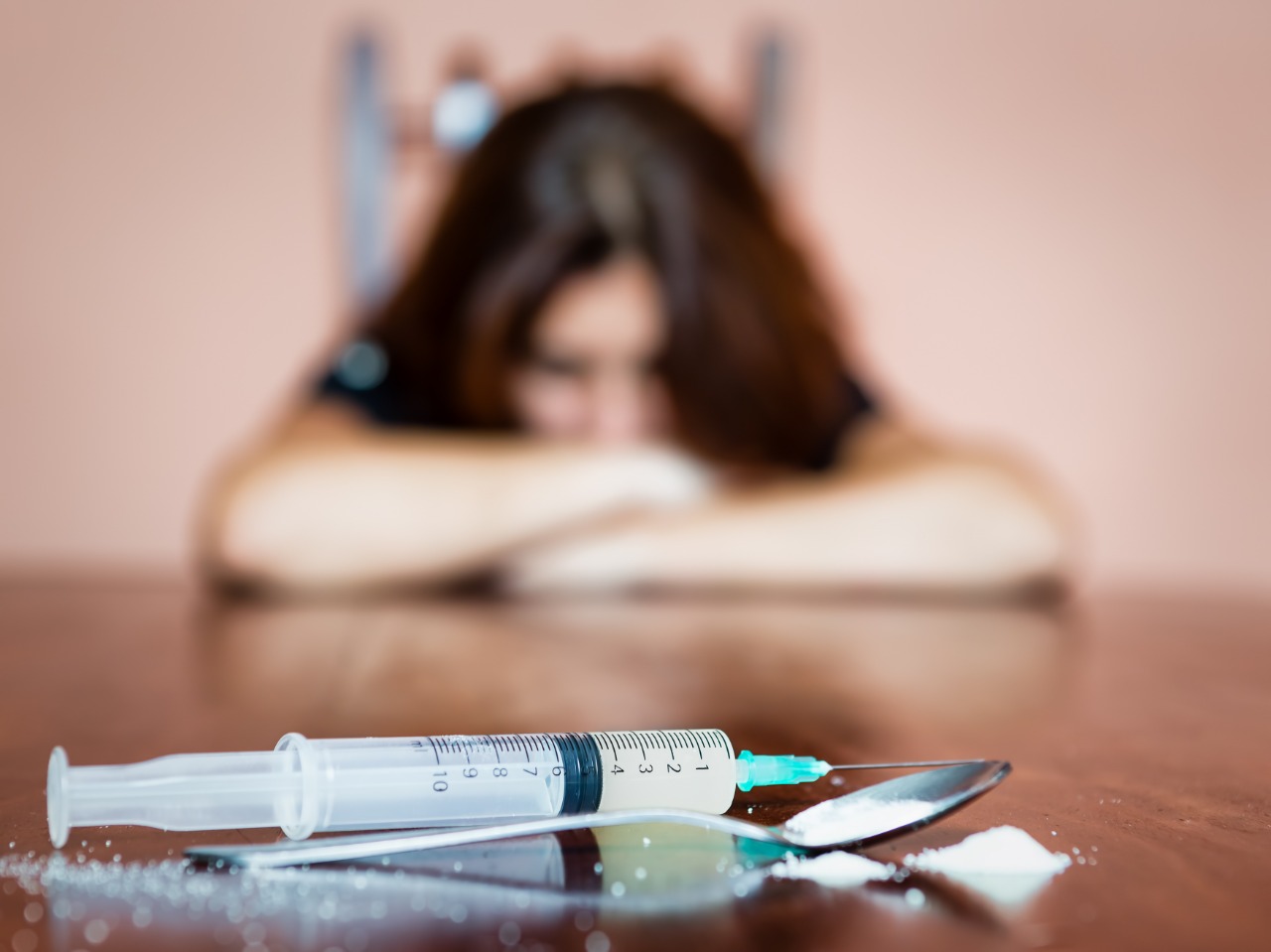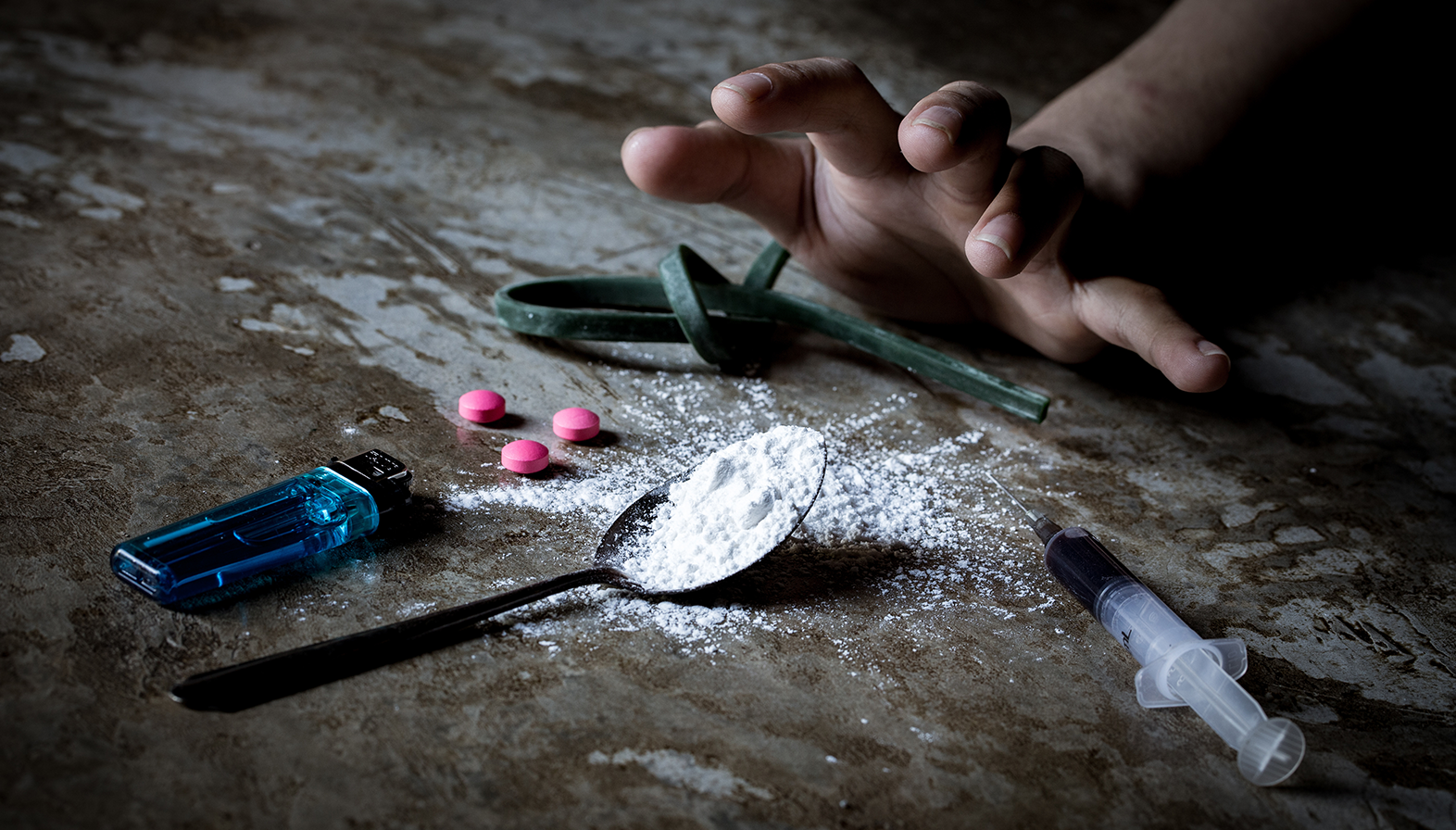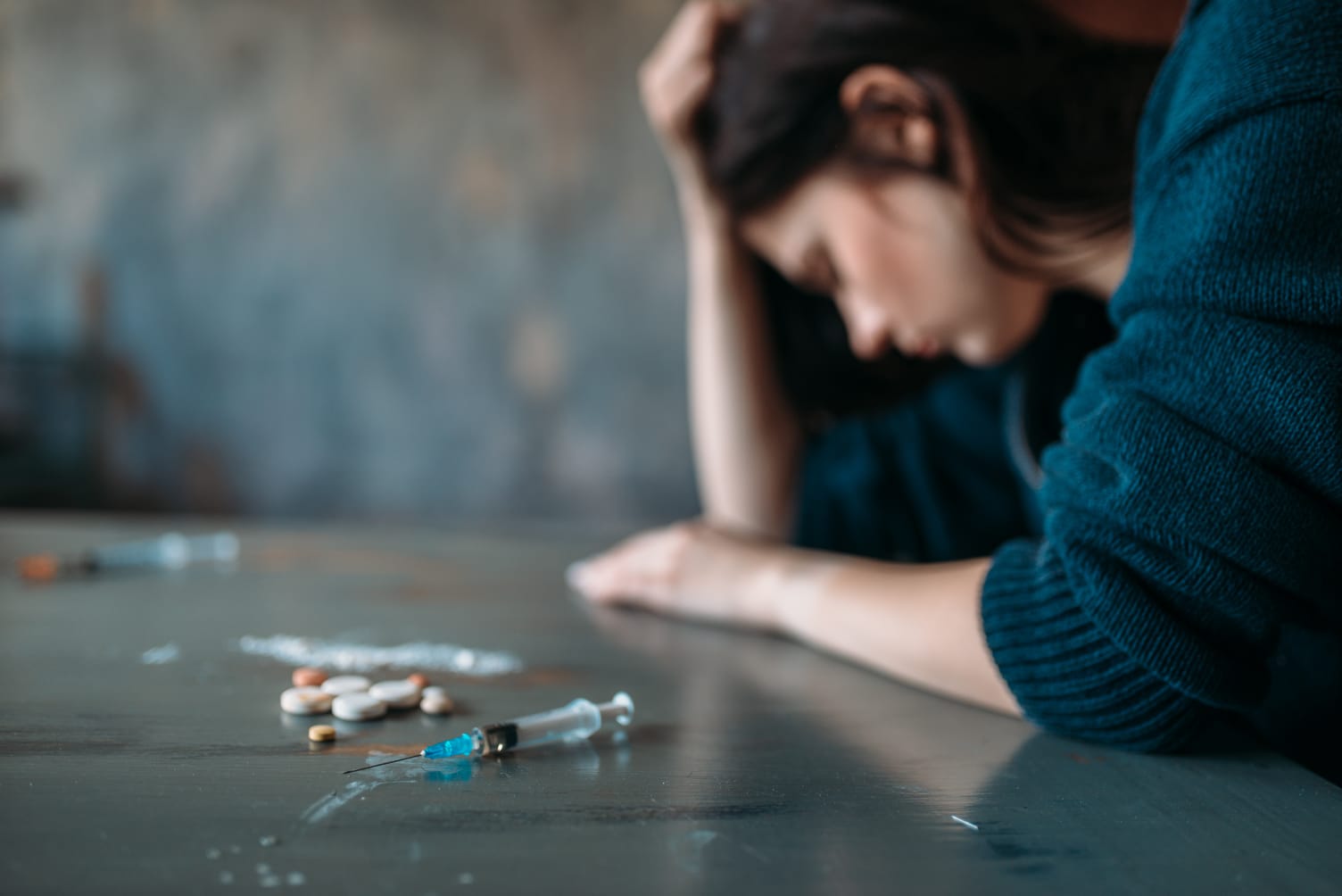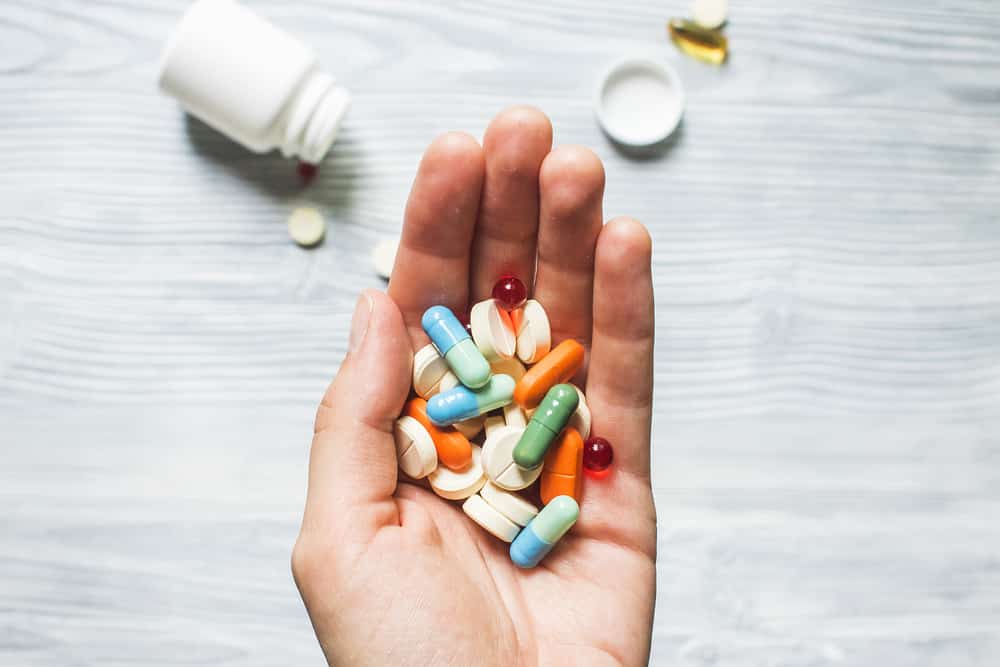Not remembering what happened the night before. Waking up disoriented or sick without explanation. Feeling like something was off, but not knowing exactly why. These experiences are all too common for people who may have been unknowingly drugged, also known as being “roofied.”
This term often refers to being given drugs like Rohypnol, GHB, or ketamine without your knowledge, usually with the intent of impairing judgment or memory. These substances can be odorless, colorless, and tasteless, which makes them easy to slip into drinks unnoticed.
If you or someone you care about suspects they’ve been drugged, knowing what to look for and how to respond is essential.
Table of Contents
ToggleWhat Are the Symptoms of Being Roofied?
Symptoms may begin within 15 to 30 minutes of ingesting the drug, and they can vary depending on the substance, your body’s sensitivity, and whether alcohol was also involved.
Common signs include:
- Sudden, unexplained dizziness or confusion
- Nausea or vomiting without reason
- Feeling heavily intoxicated after only one or two drinks
- Blurred vision or difficulty speaking
- Memory loss or blackouts
- Loss of motor coordination or trouble walking
- Unconsciousness or “coming to” in an unfamiliar place
It’s important to remember that these symptoms are not your fault and that seeking help is an act of strength.
What Should You Do If You Think You’ve Been Drugged?
If you suspect you’ve been roofied:
- Get to a safe place as quickly as possible
- Contact a trusted friend or family member to stay with you
- Go to an emergency room or urgent care for medical evaluation
- Ask for a urine or blood test within 24 hours to detect the presence of drugs
- Preserve clothing and other evidence in case it is needed later
Medical staff can support your physical safety, and many facilities have protocols in place for these situations.
How to Support Someone Else Who Might Have Been Roofied
If a friend seems off, disoriented, or unusually drunk, stay with them. Keep them hydrated, help them get medical attention if needed, and assure them that they are not to blame.
If they don’t remember parts of the night or feel ashamed, listen without judgment. Remind them they are not alone, and encourage them to get checked out even if they’re unsure about what happened.
How Do These Drugs Affect the Brain and Body?
Substances used to roofie someone are depressants that slow down brain activity. They can cause sedation, confusion, lowered inhibitions, and even respiratory depression. When mixed with alcohol, the effects can be amplified and more dangerous.
Learn more about the effects of central nervous system depressants in our blog on benzodiazepines.
Why It’s Important to Talk About This?
Being roofied can be a traumatic experience. Many people feel ashamed or unsure about whether what they experienced “counts.” But any situation where you were drugged without your consent deserves to be taken seriously.
Talking openly about this helps reduce the stigma and protect others from experiencing the same.
Long-Term Support and Healing
Some people find that the emotional aftermath is as challenging as the physical symptoms. Anxiety, sleep disturbances, or even symptoms of trauma can linger. It’s okay to reach out for mental health support.
CNT offers outpatient detox services, but we also understand that substance-related trauma can show up in many forms. If you’re unsure whether you or someone you love is struggling with a substance issue after such an experience, you can read our guide to substance abuse evaluations.
Final Thoughts
No one should have to question whether they were drugged. If something feels wrong, you have the right to ask questions, seek answers, and get support.
Whether you’re looking for medical care, emotional guidance, or just someone to talk to, you are not alone.
Visit our Contact Page to speak with a professional or browse more supportive content in our Blog Center.
Sources:
- CDC: Date Rape Drugs
- Office on Women’s Health: Drugs and Alcohol
- RAINN: Drugs Used to Facilitate Sexual Assault
Disclaimer: This blog is meant to offer guidance and education, not medical advice. If you’re feeling uncertain about your relationship with substances, you don’t have to figure it out alone. A healthcare provider can help; or if you’re not ready to talk, our anonymous self-check quiz is a gentle place to begin.




